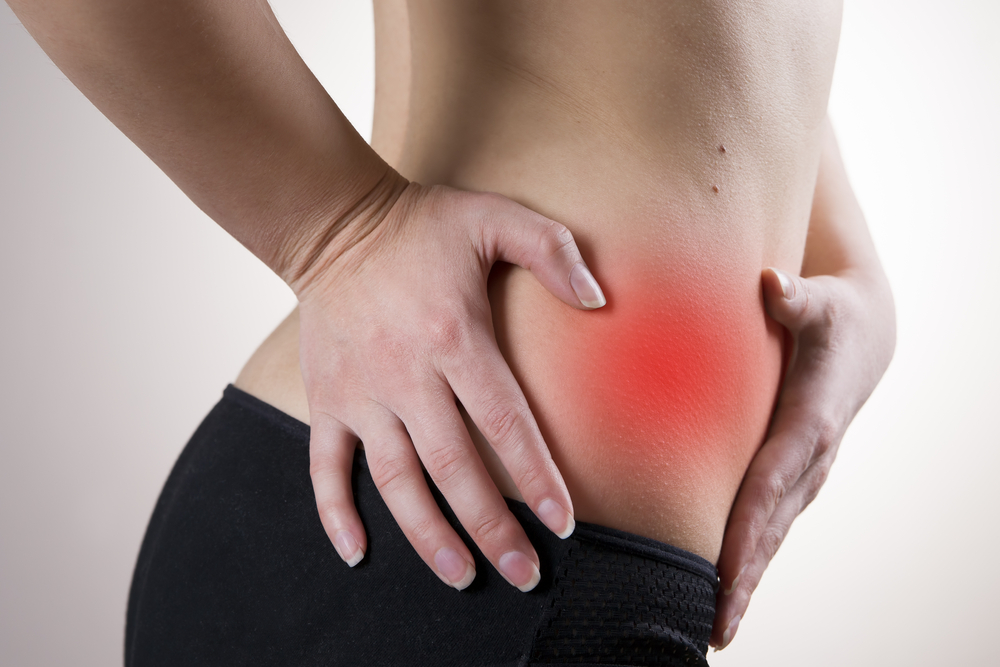Appendicitis is a common occurrence. Knowing the symptoms is essential to treat it as early as possible to avoid any complications.
The appendix is a six inch long tube-shaped pouch that protrudes from the large intestine on the right side of the abdomen. It is important to treat appendicitis symptoms as early as possible to prevent any serious complications.
When the appendix becomes inflamed, the condition is referred to as appendicitis. When the appendix becomes filled with stool, parasites, or mucus, it can lead to irritation. It can become a breeding ground for bacteria. If the appendix ruptures, the bacteria can spread within the abdomen and cause a dangerous condition.
It is not known why appendicitis occurs. There is no way to prevent it as well. Some experts, however, say that the risk of developing the condition is reduced when you consume a diet that is rich in fiber.
Also Read:Aspirin as your First Choice for Pain, Inflammation, and Minor Aches
It is one of the most common reasons for abdominal surgery among children. Generally, it has been found to happen between the ages of 15 and 30. There are several signs and symptoms of the condition. It is crucial that you visit a doctor as soon as possible as an appendix can burst within 48 to 72 hours of the onset of the symptoms.
Here are some appendicitis symptoms.
Pain and bloating in the abdomen
Abdominal bloating is one of the early signs of appendicitis. The pain may start in the navel region and then go to the lower right side of the abdomen where it can become very intense. The pain tends to increase when you move or even as much as take a deep breath. Sneezing or coughing can also make it more severe. Also, the pain increases with passing time.
Fever
Appendicitis generally causes a mild fever and you may also get the chills. If the appendix ruptures, it can lead to a rise in the fever.
Stomach issues
The condition may cause you to lose your appetite. Patients can also develop diarrhea or constipation or have difficulty in passing gas. Appendicitis may cause vomiting and nausea as well.
Diagnosis
If you are suffering from any of the appendicitis symptoms, it is essential that you consult a doctor as soon as possible. The signs as well as a physical examination will help the doctor to diagnose and treat it. Some of the procedures and tests that are used for appendicitis treatment include: a physical examination to assess your pain, urine test, blood test, and imaging tests.
After diagnosis, the doctor will decide if you require an immediate surgery. It is crucial that the appendix is removed before it bursts. Most of the times, appendicitis is successfully treated without any reactions and complications. Keep in mind to not eat, drink, or use any antacids, pain remedies, laxatives, or heating pads. All these can lead an inflamed appendix to burst.
After the surgery, consult your doctor immediately if you are suffering from:
- Vomiting
- Abdominal pain
- Faintness and dizziness
- Blood in urine, vomit, or stool
- Diarrhea
- Fever
The area of pain may vary considering your age and the position of the appendix. If you are pregnant, the pain might seem to occur in the upper abdomen. This is because the appendix is at a higher place at the time of pregnancy.
Also Read:Save your vision from smoking side effects
If the appendix ruptures, you may develop a pocket of pus and infection in the abdomen. In such cases the surgeons drain the abscess and treat the infection before surgery is performed.
Surgery
For appendectomy, an abdominal incision of around 2 to 4 inches long is made. The surgery can also be performed through a few small abdominal incisions as well; it is known as laparoscopic surgery. During this procedure, the surgeon inserts special surgical tools and a video camera to get rid of the appendix.
After laparoscopic surgery, the recovery is faster and healing happens with less scarring and pain. It is generally recommended for people who are overweight or elderly. However, this method of surgery is not well suited for everyone. If the appendix has burst and the infection has spread in the abdomen, you may require an open appendectomy that allows the surgeon to clean the abdominal cavity. Doctors generally recommend to stay a day or two in the hospital after the surgery.
Post-surgery care
To help the body heal faster after a surgery, there are certain things that you can do at home.
- Stay away from strenuous activities
- Hold your abdomen when you cough
- Sleep when you feel tired
- Slowly start your activities when you are ready
- Call your doctor if your medicines are not helping
With proper appendicitis treatment, you can recover fully from the condition.


